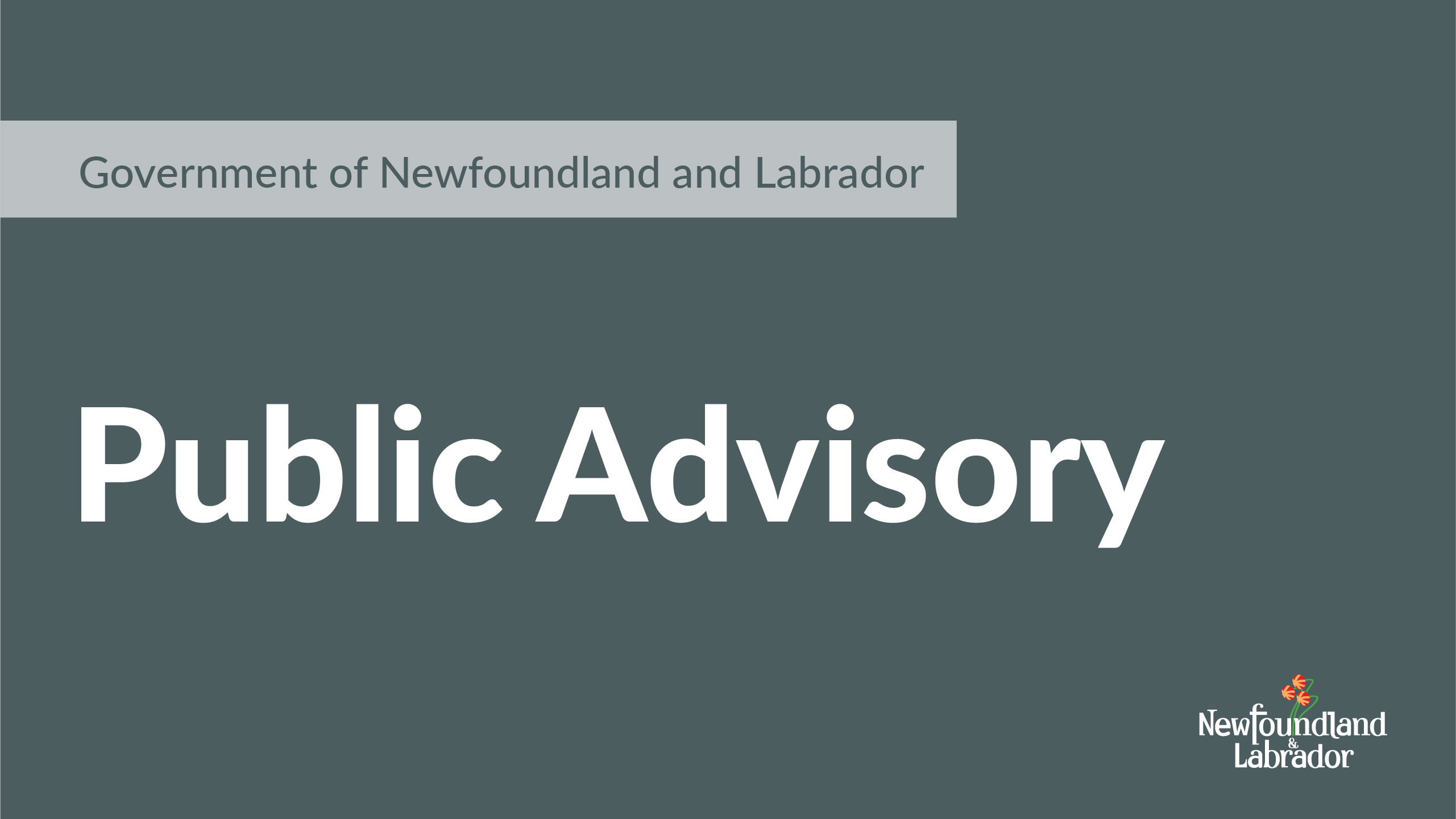
The Public Health Agency of Canada is investigating an outbreak occurring in eight provinces of Salmonella infections linked to snakes and feeder rodents.
Salmonellosis is a well-known foodborne illness caused by Salmonella bacteria. However, it can also occur if a person does not properly wash their hands after handling pets and farm animals, such as pet reptiles or baby chicks.
Public Health officials in Newfoundland and Labrador recently identified an individual that became ill from Salmonella Typhimurium. This case was later determined to have the same genetic type of Salmonella as other cases across Canada. A second case in Newfoundland and Labrador linked to the national outbreak was confirmed on April 12.
The Department of Health and Community Services and Newfoundland and Labrador Health Services are collaborating with the Federal Government and other provinces to identify the source of these illnesses. Based on the information collected to date, many of the individuals who became sick reported having direct or indirect contact with snakes and feeder rodents (used as reptile food) before their illnesses occurred.
The public is reminded to:
- Always wash your hands immediately after touching a reptile or rodent, and anything they eat, or after being in the area where they live, play or touch.
- Regularly clean any surfaces or objects your reptile or rodent touches with soapy water followed by a household sanitizer.
- Never kiss a pet rodent or reptile.
- Do not keep reptiles or rodents in homes, child care centers, schools or other facilities with children aged 5 years and under.
- Always supervise children when they touch or play with reptiles or rodents. Children five years of age and under should not handle reptiles or rodents.
- Do not clean or bathe reptiles or rodents in the kitchen sink, bathroom sinks, or bathtubs.
- Do not keep food used for reptiles or rodents in the kitchen or any room where people eat or drink.
- Keep reptiles and rodents and all their food, containers, enclosures, and any objects that have been in their enclosures, such as plants or enrichment items, away from the kitchen and other places where food is made or eaten.
- Do not keep frozen rodents in the same fridge or freezer as human food. Freezing rodents does not kill Salmonella.
- Always defrost and prepare frozen rodents outside the kitchen, using dedicated utensils and containers.
- Be aware of the specific needs of your reptile. Stress for a reptile can increase the shedding of Salmonella.
- Always keep reptiles and live rodents in habitats specifically designed for them.
- If you choose to have a reptile or rodent in your home, talk to your health care provider or veterinarian about the right reptile or rodent for your family, especially if your family includes children five years of age and younger, pregnant people, immunocompromised individuals, or adults 65 years of age and over.
Symptoms of Salmonella infection often include sudden onset of headache, abdominal pain, diarrhea, nausea, fever, and sometimes vomiting. It may also cause severe dehydration, especially among infants or seniors. Severe complications and deaths resulting from Salmonellosis are uncommon, but may occur in the very young, the very old, or people who are immunocompromised.
Most people who become ill from a Salmonella infection will recover fully after a few days. Some people can be infected with the bacteria and not get sick or show any symptoms, but still be able to spread the infection to others.
People who experience symptoms or have underlying medical conditions should contact their health care provider if they suspect they have a Salmonella infection.
For more information, please visit the following websites:
-30-
Public Advisory: Newfoundlanders and Labradorians Advised of Salmonella Outbreak Linked to Snakes and Rodents - News Releases - Government of Newfoundland and Labrador
Read More

No comments:
Post a Comment